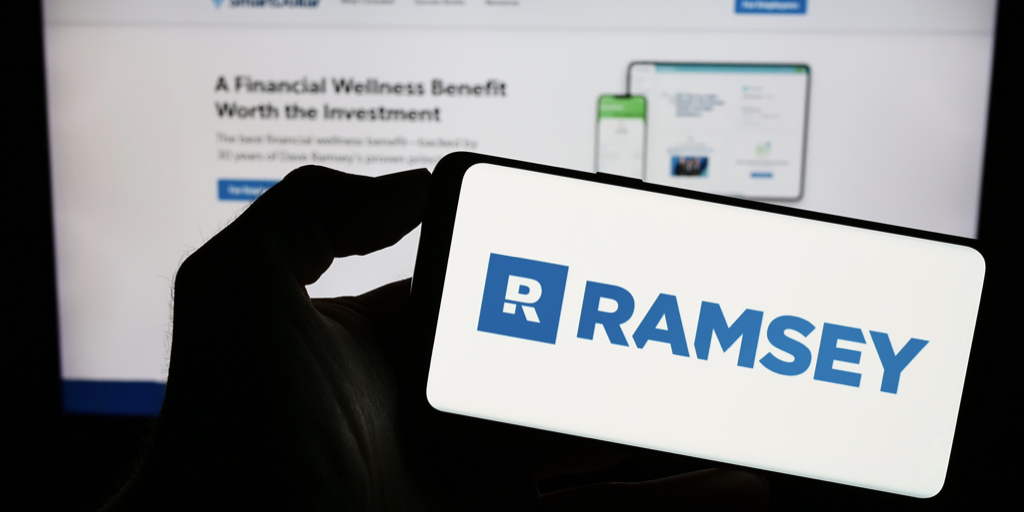
Syndicated Columnist Recommends Cross-Selling Strategy…with a Twist
 Just as the reverse mortgage suffered much negative media coverage and hand-wringing from financial pundits, so have annuities. If an annuity sounds familiar to reverse mortgage professionals, it should. Annuities were the financial product most often associated with what many considered a questionable and unethical practice- the cross-selling of financial products investing the proceeds into annuities.Surprisingly, one columnist and economist recommends taking out a traditional mortgage and investing in an annuity.
Just as the reverse mortgage suffered much negative media coverage and hand-wringing from financial pundits, so have annuities. If an annuity sounds familiar to reverse mortgage professionals, it should. Annuities were the financial product most often associated with what many considered a questionable and unethical practice- the cross-selling of financial products investing the proceeds into annuities.Surprisingly, one columnist and economist recommends taking out a traditional mortgage and investing in an annuity.
An annuity is a contractual agreement between an investor and typically an insurance company. A lump sum is invested and then can be ‘annuitized’ or paid out over a period of time, deferred until a later date for full withdrawal, or rolled over into another investment. There are four basic types: immediate, fixed, indexed and variable. An immediate annuity converts a lump sum premium investment into an immediate stream of payments over a specified period of time, usually over one’s lifetime. This is often referred to as a Single Premium Immediate Annuity (SPIA). A fixed annuity guarantees a declared interest rate. The indexed annuity is a variant of the fixed but credits interest based on the percentage growth tied to marked indices such as the S&P500 or the Dow Jones Industrial Average (DJIA). Variable annuities invest funds into mutual funds or other market investments that can be subject to loss of principle in many instances.
Syndicated columnist Laurence Kotlikoff opens his column with the statement, “HUD fails to mention a clear-cut and, to me, far safer way, at least for older people, to tap home equity.” But is Kotlikoff’s ‘way’ truly a safer option? Let’s examine his suggestion more closely.
“HUD fails to mention a clear-cut and, to me, far safer way, at least for older people, to tap home equity. This entails taking out a long-term fixed mortgage on your home and using the proceeds to purchase a fixed annuity payment.






